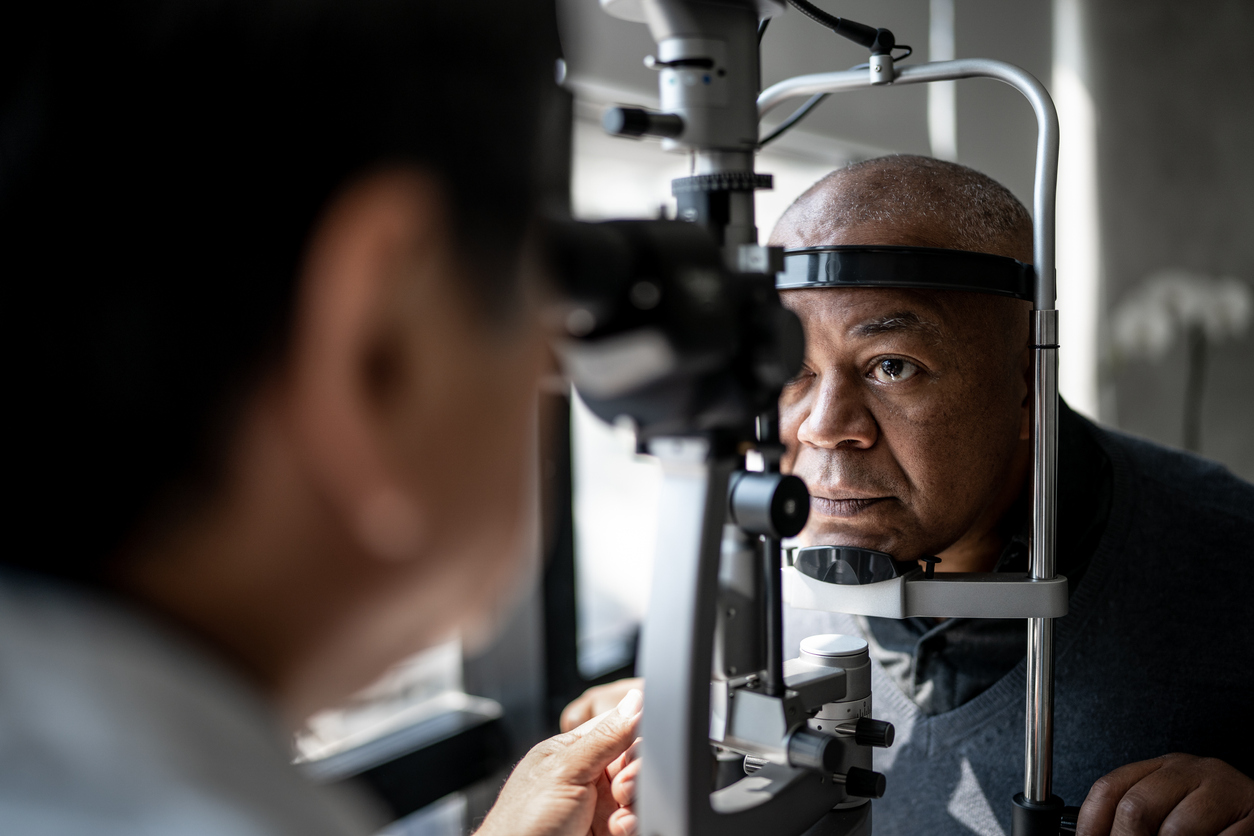To investigate the association between visual impairment (VI) and depression in low- and middle-income countries (LMICs) and the mediating role of disability and social participation.
The World Health Organization Study on global AGEing and adult health (SAGE) provided data on objective and subjective visual function, depression, disability (WHODAS-12), and social participation for nationally-representative samples of adults 50 years and older in China, India, Ghana, Mexico, Russia, and South Africa. Multivariable logistic and linear models were used to test the association between VI and depression and the indirect pathways through disability and social participation. Analyses were adjusted for sociodemographics, medical comorbidities, and complex survey design features.
Visual acuity was worse in respondents with depression compared to those without depression in China (0.32 vs 0.23 logMAR; p<.001), Ghana (0.26 vs 0.18 logMAR; p<.001), and India (0.36 vs 0.30 logMAR; p<.001); self-reported vision was also significantly worse in these three countries, but not in Mexico, Russia, or South Africa. Greater disability significantly mediated the association of both objective and self-reported VI with depression in China and India. Social participation significantly mediated the association between subjective vision and depression in Ghana.
There is variability in the association between VI and depression across LMICs and in the mediating role of disability and social participation. Culture-specific instruments may be needed to better characterize the association between VI and depression and further research is needed to assess causality. This article is protected by copyright. All rights reserved.
This article is protected by copyright. All rights reserved.
Vision impairment and depression among older adults in low- and middle-income countries.


